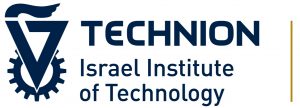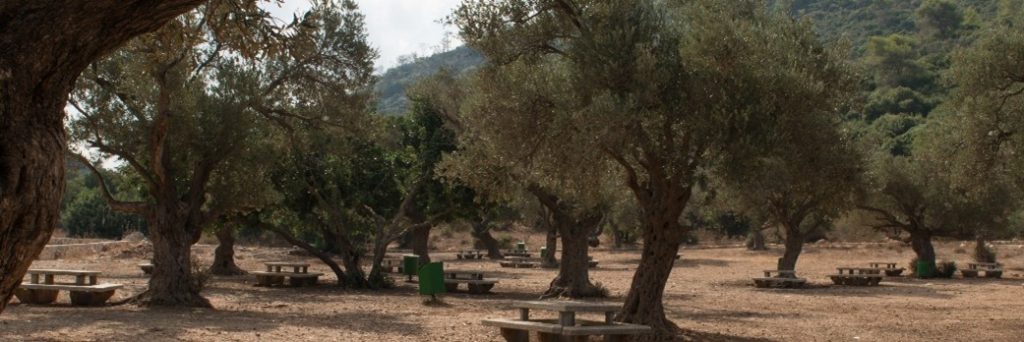The Socio-Ecological Research Community at the Technion studies human-nature interactions using a broad range of conceptual and methodological approaches. We are a diverse community of researchers and students trained as ecologists, policy analysts, geographers, anthropologists, planners, landscape architects and others. Our research is driven by concern about the rapid pace of environmental degradation globally and locally, including such threats as anthropogenic climate change, biodiversity loss and loss of natural resources. We are particularly concerned because this degradation is increasingly threatening the potential for human life and wellbeing on the planet. Our objectives are therefore to better understand human perceptions regarding nature and environmental threats and to develop policies to confront and reverse these threats.
As a socio-ecological research group, we focus on the interaction between human social systems and ecological systems. Recent projects include assessing human perceptions of landscapes relative to ecological and management conditions, human and wild animal relations in urban settings, the impact of planning on loss of urban open spaces, cultural ecosystem service mapping and assessment, and socio-ecological resilience in the face of external shocks such as wildfires and pandemics. Our research settings include urban, rural, and semi-natural ecosystems. We make great effort to work with local communities and stakeholders to define our research challenges and to continue interacting with stakeholders through the conclusion of the research, creating research-public collaborations whenever possible.
The lead investigator of the research group, Dr. Daniel Orenstein, is also the socio-ecological theme lead for the European Long-Term Ecosystem, Critical Zone and Socio-Ecological Research (eLTER) Infrastructure, where he leads the effort to establish permanent socio-ecological research platforms across Europe and Israel. Several members of the Technion research community have used eLTER’s infrastructure to conduct comparative research across Europe, including a recent project to assess the efficacy of our transdisciplinary research approach for contributing to policy making at the local and regional scales.
The lab’s website can be accessed via this link.


